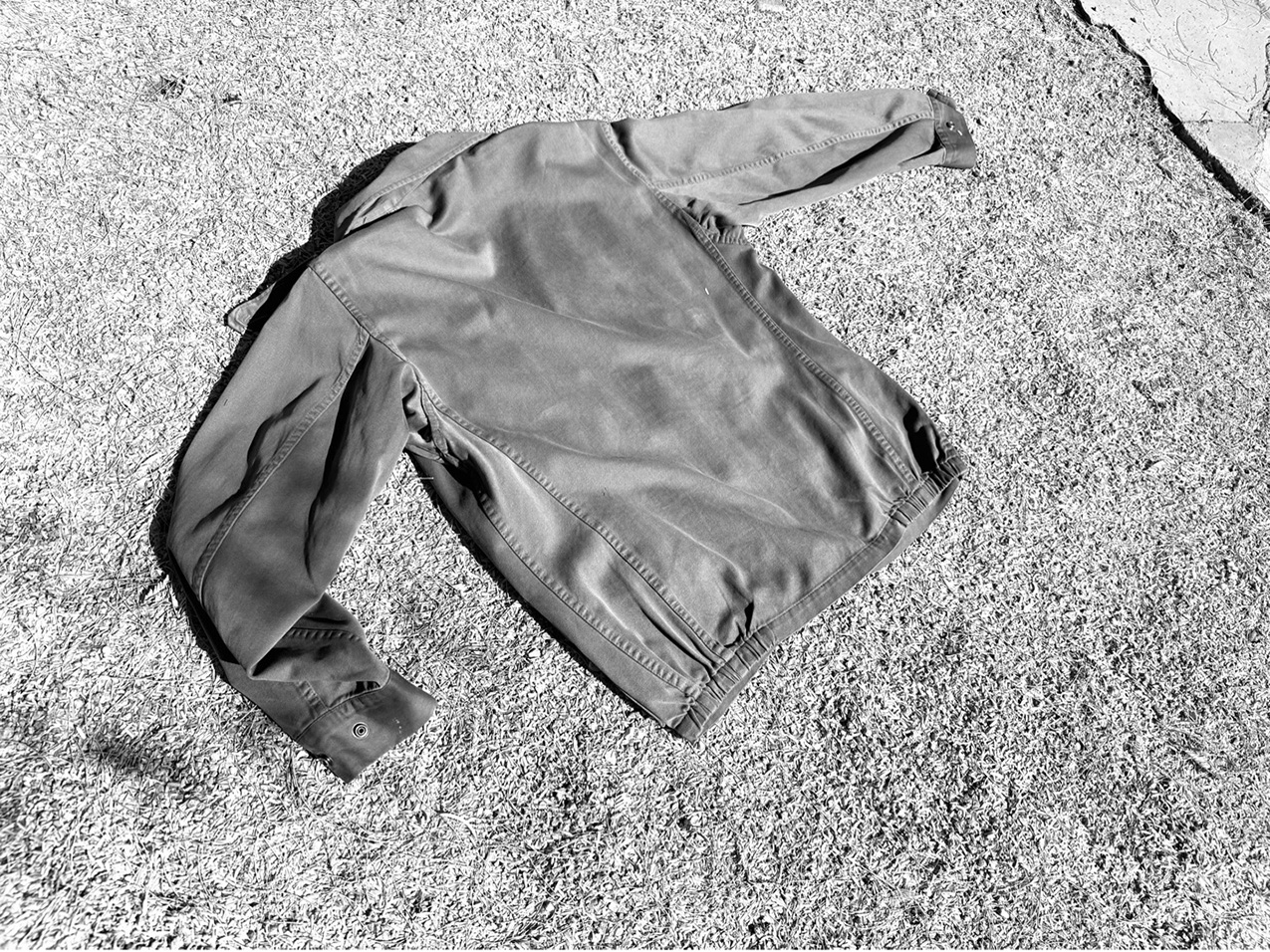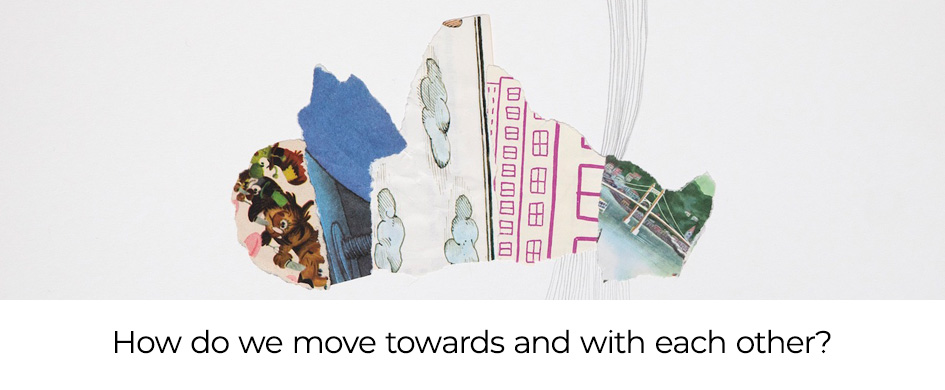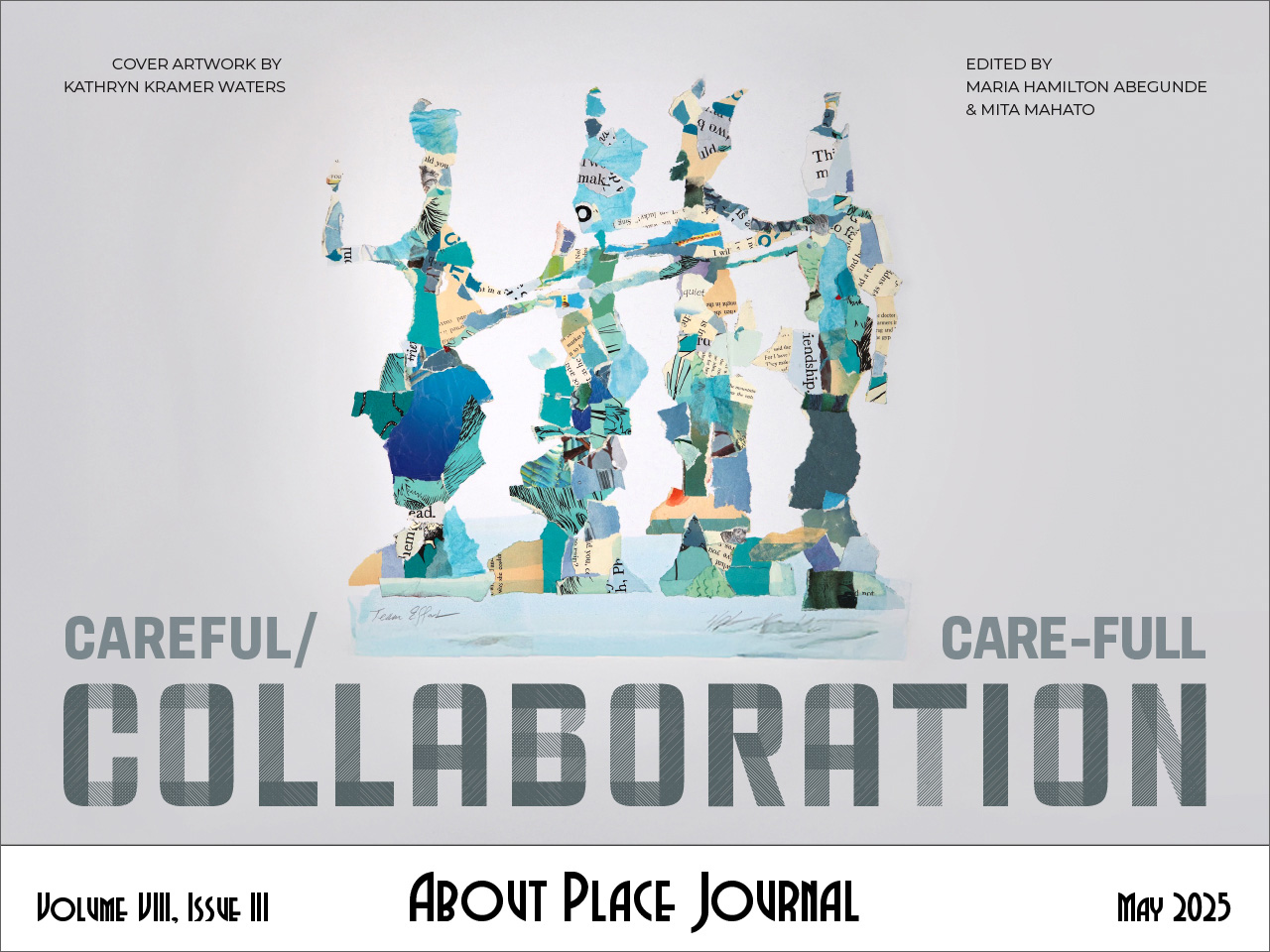I care about caring.
The Dalai Lama
It strikes me that without action, to care for or about is an empty sentimentalism. I don’t like to say how much I care—even if I’d like to feel I do.
As I age, the lack of the humane obsesses me,
that so many in power at every level make the choice—
for it is a choice—of cruelty and indifference
to humanity, empathy, and generosity.
I contemplate that choice. I ask why.
Care is by definition inclusive of others.
To be careless of, indifferent to others’ well-being
is a scourge on our cultural landscape.
If care is an energetic act, being careless
is not only the failure to act,
but also the choice not to feel.
For artists, “care” (with the materials of one’s art)
and carefulness (in the making of a work)
are givens. Part of being a wordsmith
is having a care for how language is used,
taking care when using language,
and taking care of the language.
Words carry energetic weight—
of meaning, intention, force.
They must not be carelessly used.
We are basically an uncaring, narcissistic people and too often our words substitute for our deeds and our tears gratify only ourselves. How sad we are for others! How wonderful we are to care! & yet. Is there a real dialogue to be had on the subject of caring when we care so little? And what might real care look like, if there is such a thing?
I believe that art can powerfully convey
a view inflected by the humane and ethical.
That poetry is a consciousness, an approach to being
that questions the pat, official, or orthodox meanings
imposed on the machinations of individuals
who never question themselves.
We aspire to be poets and educators in dialogue
with the larger culture, to address the urgent issues of our times
in language that opens up rather than shuts down,
and takes care to be precise and truthful.
Have you had that experience of discovering
a poem’s insight by following the sound of the words?
Roethke said, “I learn by going where I have to go.” “Going,” for me, is riding the wave of words—their sounds and textures– to wherever they may lead; is entering a zone where I abandon thinking and analysis in order to discover something more surprising than my conscious mind can comprehend. My creative work enlightens me.
Not long ago I was writing about a moment of profound concern
I was helpless to change. Suddenly,
the language itself gave me the insight:
that caring in itself is a curative
leading to all sorts of other actions,
in contrast to the no-impact of indifference.
The act of caring is kinetic, and in time, impactful.
Care is the cure.
The zone of creativity, to which I give care, is a sacred space.
And how do I show my care? How do I perform it?
The Dalai Lama says “I care about caring” and I am reminded that my compassion has blind spots.
Auden famously said “Poetry makes nothing happen,” by which he meant that it is futile to preach in a poem, that the poem or any creative product must remain free of dogma. I allow myself to go where the words take me and keep my ideas to myself.
+
Do my words express my care for the world, my care for my words, my care about caring?



